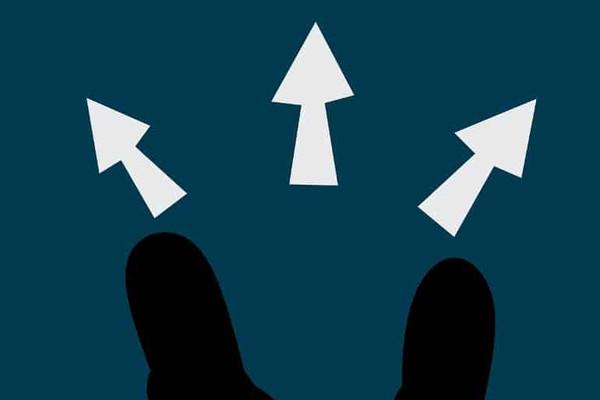New Theory of Decision-Making Seeks to Explain Why Humans Don’t Make Optimal Choices
Curated from: neurosciencenews.com
Ideas, facts & insights covering these topics:
4 ideas
·1.13K reads
6
Explore the World's Best Ideas
Join today and uncover 100+ curated journeys from 50+ topics. Unlock access to our mobile app with extensive features.
Relative Differences And Absolute Differences
A new theory of economic decision-making from Mina Mahmoudi, a lecturer in the Department of Economics at Rensselaer Polytechnic Institute, offers an explanation as to why humans, in general, make decisions that are simply adequate, not optimal.
In research published in the Review of Behavioral Economics, Dr. Mahmoudi theorizes an aspect of relative thinking explaining people may use ratios in their decision-making when they should only use absolute differences. The inverse is also possible.
40
352 reads
Application And Misapplication
“Effectively solving some economic problems requires one to think in terms of differences while others require one to think in terms of ratios,” Dr. Mahmoudi said.
“Because both types of thinking are necessary, it is reasonable to think people develop and apply both types. However, it is also reasonable to expect that people misapply the two types of thinking, especially when less experienced with the context.”
37
272 reads
The $5 Test
Past studies have shown that when given the opportunity to save, for example, $5 on a $25 item or a $500 item, people in general would put in more effort to save the money on the lower-cost product than the more expensive item.
They believe they are getting a better deal because the ratio of cost to savings is higher. In fact, the $5 saved is the same for both items and the perfect, or optimal choice, would be to look at the absolute savings and work equally hard to save each $5.
42
265 reads
Α Case Against The Logic Of Maximizing Behaviour
“Understanding how the cognitive and motivational characteristics of human beings and the operating procedures of organizations influence the working of economic systems is of critical importance,” Dr. Mahmoudi said.
“Many economic behaviors such as imitation occur and many economic institutions like inventories exist because people cannot maximize or because markets are not in equilibrium. Our model provides an example of a behavior that occurs because people cannot maximize.”
34
243 reads
IDEAS CURATED BY
CURATOR'S NOTE
People consider relative differences and not only absolute differences when making various economics decisions, even in those cases where the rational model dictates that people should consider only absolute differences. A new theory seeks to explain why.
“
Xarikleia 's ideas are part of this journey:
Learn more about problemsolving with this collection
How to communicate effectively with teachers
How to create a supportive learning environment at home
How to manage your child's school schedule and activities
Related collections
Similar ideas
6 ideas
Decision Making: Past Wins (Un)Shape Future Choices
neurosciencenews.com
5 ideas
Decisive People Don’t Make Better Decisions - Neuroscience News
neurosciencenews.com
Read & Learn
20x Faster
without
deepstash
with
deepstash
with
deepstash
Personalized microlearning
—
100+ Learning Journeys
—
Access to 200,000+ ideas
—
Access to the mobile app
—
Unlimited idea saving
—
—
Unlimited history
—
—
Unlimited listening to ideas
—
—
Downloading & offline access
—
—
Supercharge your mind with one idea per day
Enter your email and spend 1 minute every day to learn something new.
I agree to receive email updates
